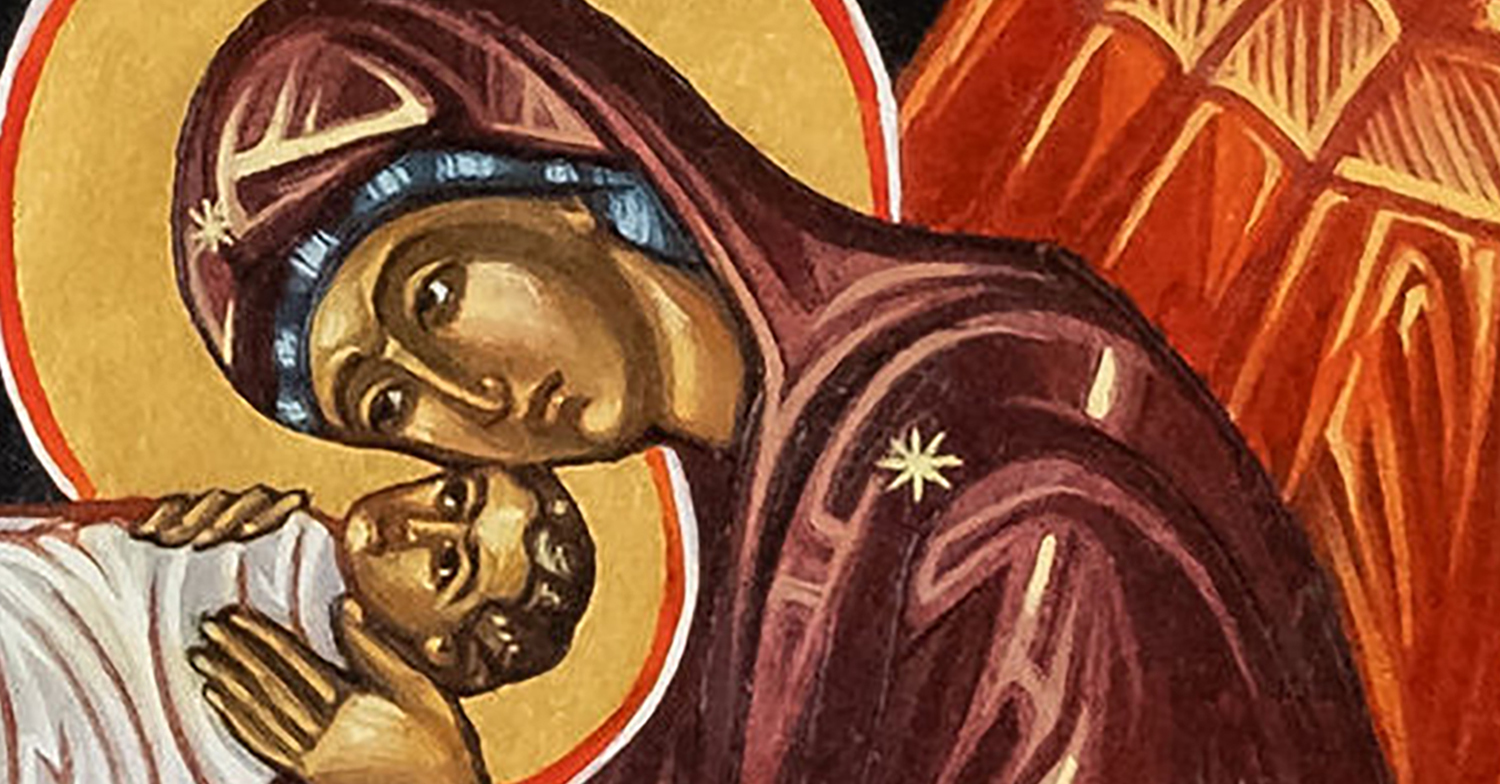
AS I SEE IT
By Rev. Jim Innes
Why has the young Mary, Mother of Jesus, become so important to people throughout the world? It is not uncommon to find folks kneeling before a statue or picture of Mary and praying through her as an intercessor with God.
Mary's unique place in the hearts of so many is a frequent source of confusion for those looking upon it. One woman wrote of how, when visiting Europe, it seemed that "every church is filled with recognition to Mary." So present was this phenomenon that she felt "annoyed" that Jesus was "misplaced."
Much theology (and Mariology) argues Mary's place in the church's hierarchy of importance. The more straightforward truth is that many find it uplifting to incarnate or bring into some manner of recognizing the presence of Mary in their lives.
A good example is the following hymn (section) to Mary. Written by Dublin-born, English Roman Catholic priest and hymn-writer John Wyse (1825-98):
When troubles dark afflict me
In sorrow and in care,
Thy light doth ever guide me
O beauteous Morning Star.
Lo, I'll be ever ready
Thy goodly help to claim,
When wicked men blaspheme thee,
To love and bless thy name.
It is a widely accepted notion that Mary emulates the meaning of vulnerable courage. She had a relentless longing to do God's will, despite how difficult it would be. "Here I am," she said. And her obedient submission resonates with many who seek to know God.
I believe a closely connected aspect of this vulnerable courage also lends itself to her widespread veneration (and not just amongst Catholics). Mary balances the masculine energy that has, through history, permeated the church. Even the architecture.
When I was a young seminarian, the number of ordained female priests was beginning to climb. I remember a comment made by a female colleague about the many masculine images built into the chapel. An example that we see in many churches (maybe all of them) is the rigid wooden columns pointing skyward—a testimony to power and invincibility.
This power and invincibility have their place. They speak to the potency of God. Yet, there has been a dark side to it all. Masculine energy, unchecked, can be as a sword that cuts brutally deep. The recent news about the church's part in destroying the indigenous culture is one horrendous example of this.
As I see it, Mary provides a healthy balance to any unhinged masculine energy. Mary opens up and receives, willingly. She is soft and welcoming, exposed and fertile. She is a lover of God whose passion breaks down barriers, restrains conflict, and resurrects trust.
Mary can birth trust in our struggle to make amends and rebuild a church that has a compassionate, loving center. Trust is what needs to be forefront in all that the church does going forward. Longfellow, a non-Catholic poet, has said this:
This is indeed the Blessed Mary's land!
Virgin and Mother of our dear Redeemer;
All hearts are touched and softened at her name…
And if our faith had given us nothing more
Then this example of all womanhood,
So mild, so merciful, so strong, so good,
So patient, peaceful, loyal, loving, pure,
This were enough to prove it higher and truer
Then all the creeds the world had known before.
Rev. Jim Innes is the rector of the Regional Ministry of South Huron.
jiminnes@diohuron.org
